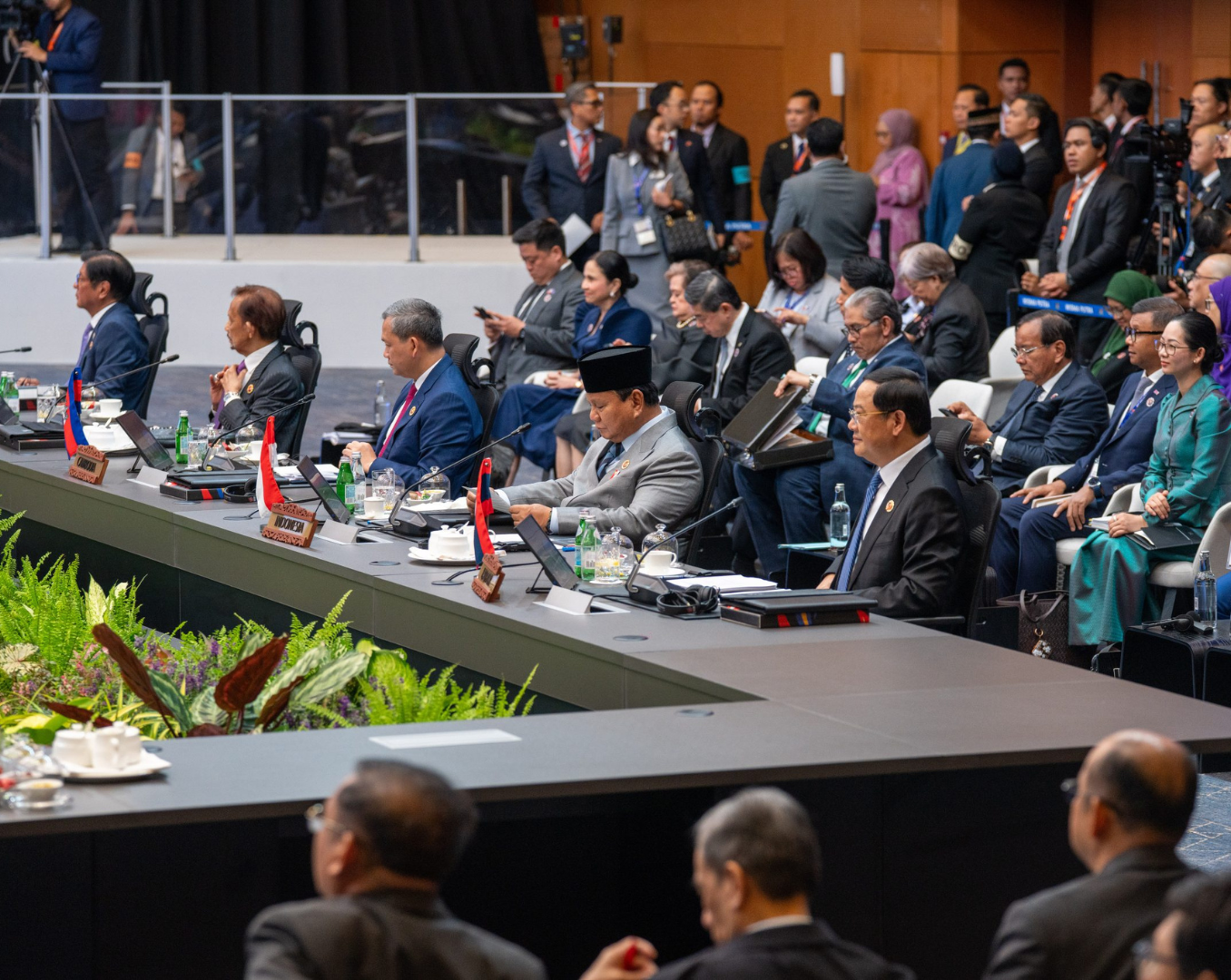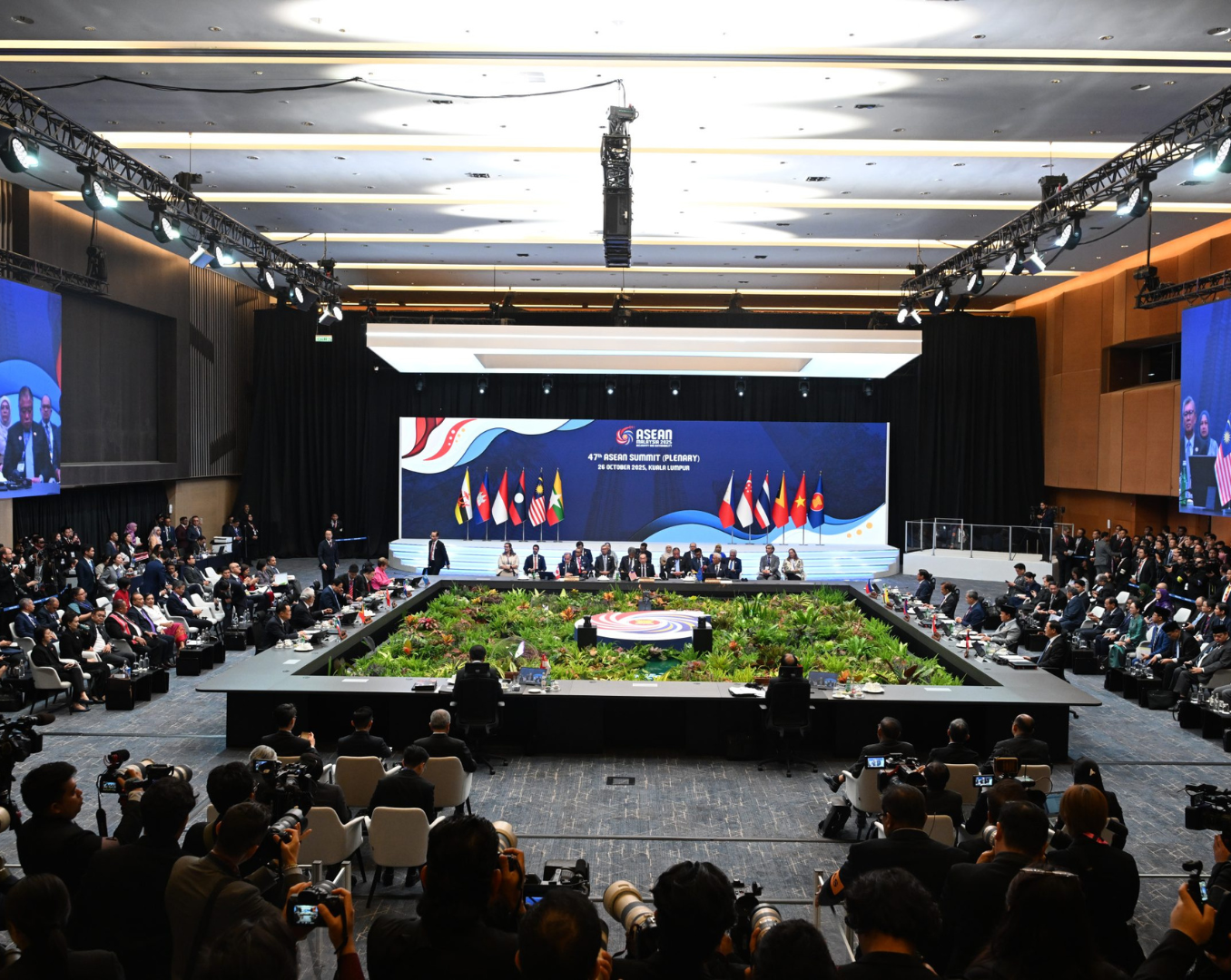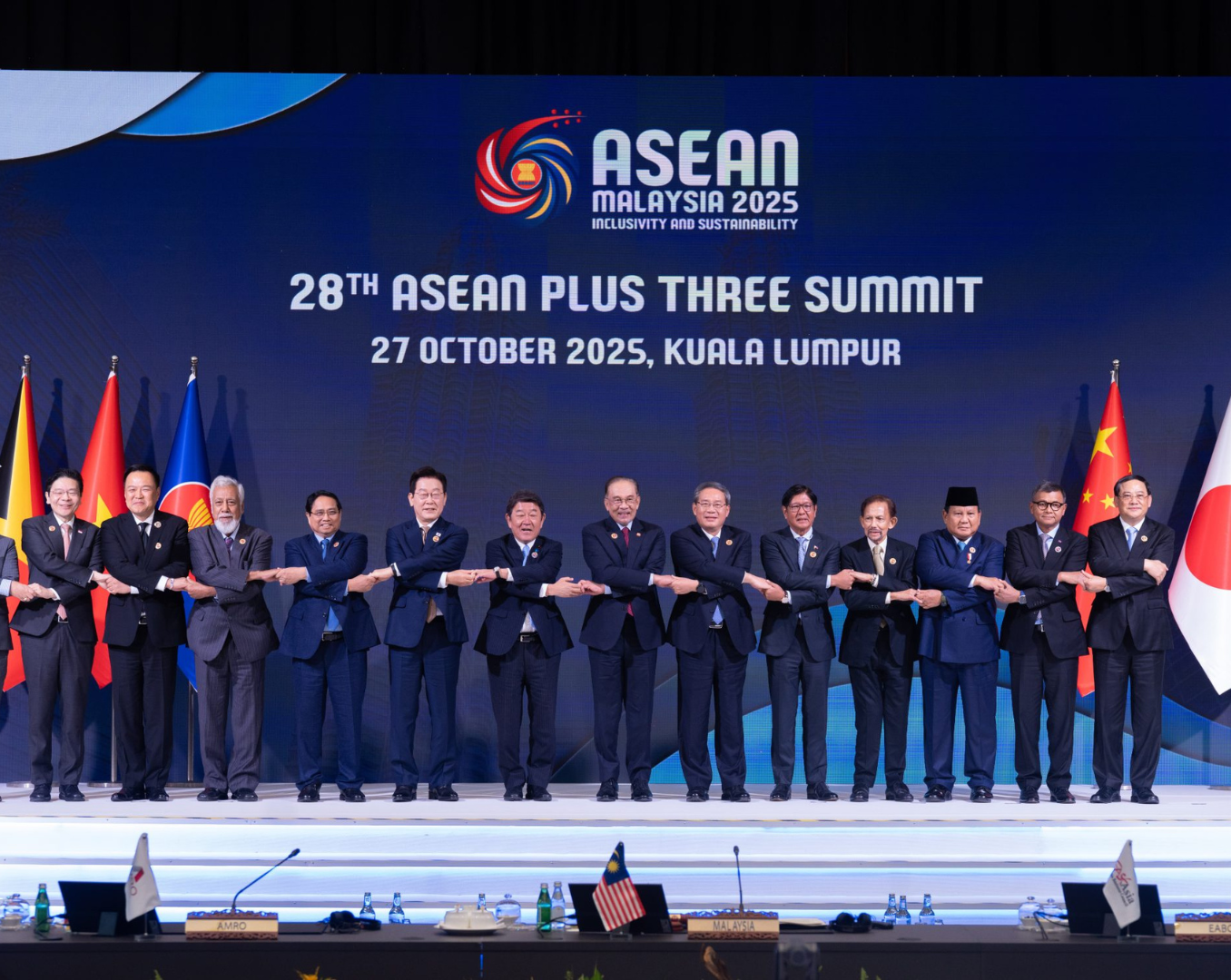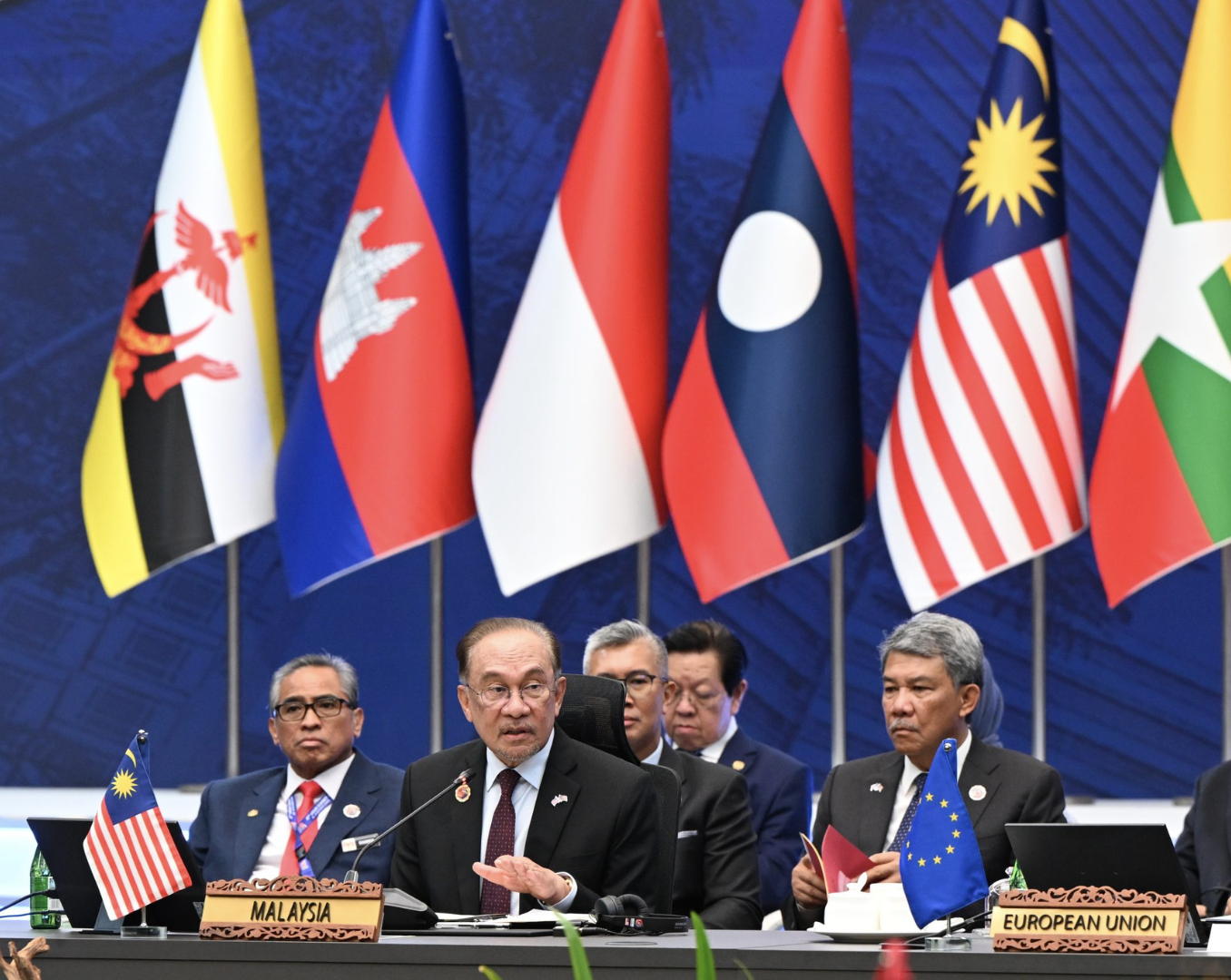The ASEAN Summit 2025 wrapped up in Kuala Lumpur with strong messages of unity, progress, and cooperation. Leaders from across Southeast Asia and key international partners gathered to discuss the region’s future, focusing on resilience, inclusivity, and sustainable growth.
The Association of Southeast Asian Nations (ASEAN), comprising Brunei, Cambodia, Indonesia, Laos, Malaysia, Myanmar, Philippines, Singapore, Thailand, Vietnam, and the newly admitted Timor-Leste, continues to play a central role in promoting regional stability, economic cooperation, and shared prosperity across the region.

One of the main goals of this year’s summit was to strengthen economic cooperation and promote digital transformation across ASEAN countries. Leaders agreed to improve trade links, make supply chains more reliable, and work together on digital economy policies.
They also discussed expanding areas such as e-commerce, clean energy investment, and digital connectivity to help ASEAN become more competitive on the global stage.

Under Malaysia’s theme of “Inclusivity and Sustainability,” the summit highlighted the importance of green growth and equal opportunities for all member countries. Leaders pledged to speed up the transition to renewable energy and support major connectivity projects that link the region more closely together.
The goal is to ensure every country, especially smaller and developing ones, benefits from ASEAN’s progress.
A major breakthrough came when Cambodia and Thailand signed a border ceasefire agreement in Kuala Lumpur, ending years of dispute. This positive step showed ASEAN’s important role in promoting peace and stability in the region.
Leaders also discussed key security issues such as maritime safety, regional peace-building, and the importance of keeping ASEAN united and central in international affairs.

One of the memorable moments of the summit was the official inclusion of Timor-Leste as ASEAN’s 11th member state. The ceremony took place in Kuala Lumpur and marked the first expansion of ASEAN in over two decades.
Timor-Leste’s Prime Minister Kay Rala Xanana Gusmão called it “a dream realised,” while Malaysia’s Prime Minister Anwar Ibrahim welcomed the new member, promising full support in helping the country take part in all ASEAN activities.
Although this was an important milestone, the summit’s main focus remained on building a stronger and more inclusive region for all members.
As the host nation, Malaysia guided the summit’s discussions and helped bring key agreements to life. Prime Minister Anwar Ibrahim reminded delegates that ASEAN must remain “united, relevant, and people-centric” in today’s changing world.
The summit also included discussions with major global partners such as the United States, China, Japan, and India, showing ASEAN’s growing importance as a bridge between global powers.
For economies: Stronger cooperation and shared policies are expected to increase trade and investment, especially in digital and green sectors.
For smaller nations: Capacity-building and inclusivity projects will help reduce gaps in development across the region.
For diplomacy: ASEAN’s success in peacebuilding and dialogue confirms its role as a key diplomatic player in Asia.
For Malaysia: Hosting the event strengthened its reputation as a regional leader and mediator.

With the summit concluded, Malaysia handed over the ASEAN chairmanship, setting the stage for continued collaboration. The outcomes from Kuala Lumpur show that ASEAN is moving forward with confidence, focused on digital progress, sustainability, and regional peace.
The 2025 ASEAN Summit will be remembered as a moment when Southeast Asia took another step toward a more united, innovative, and resilient future.